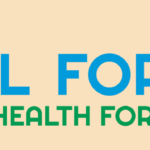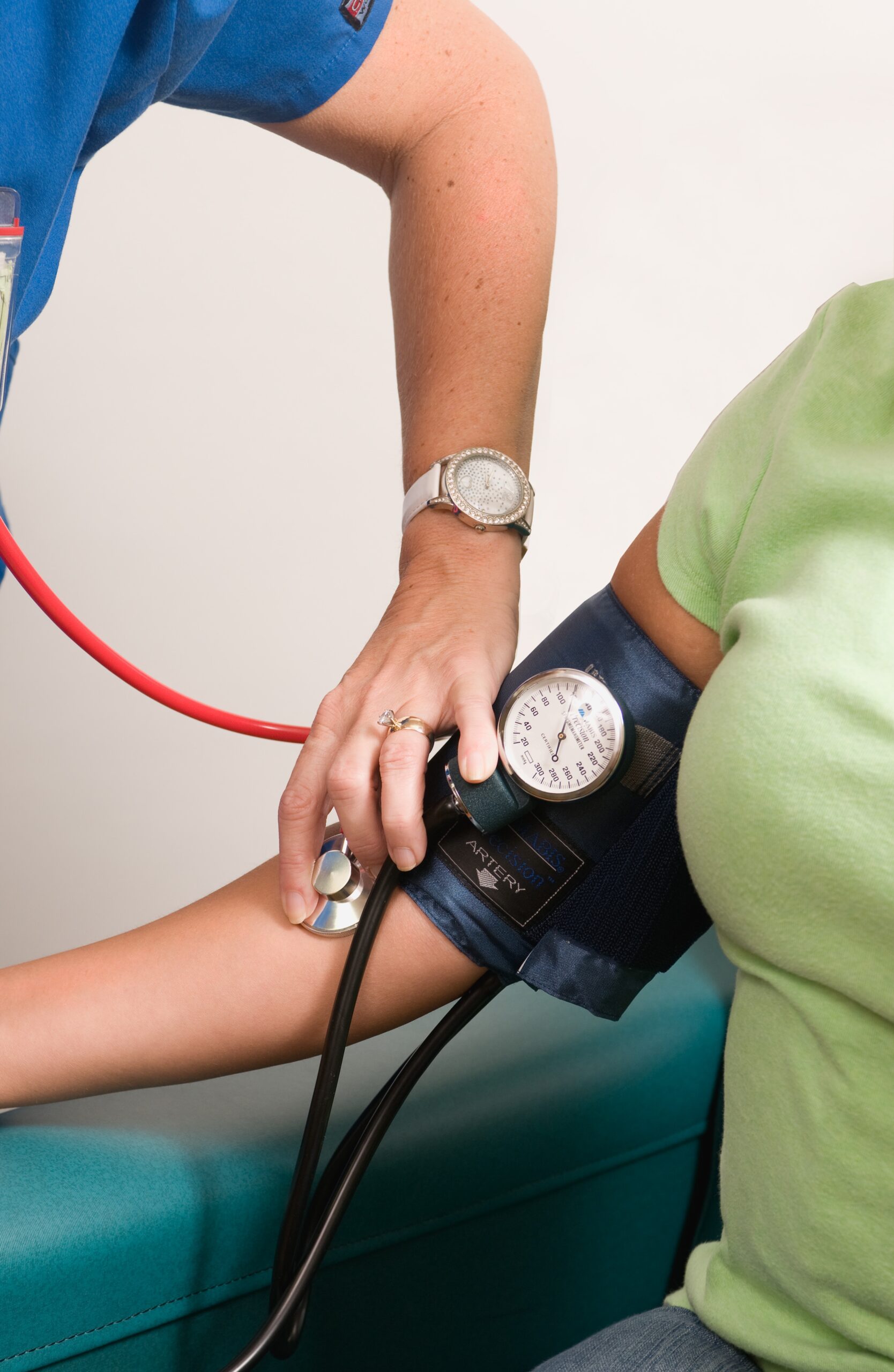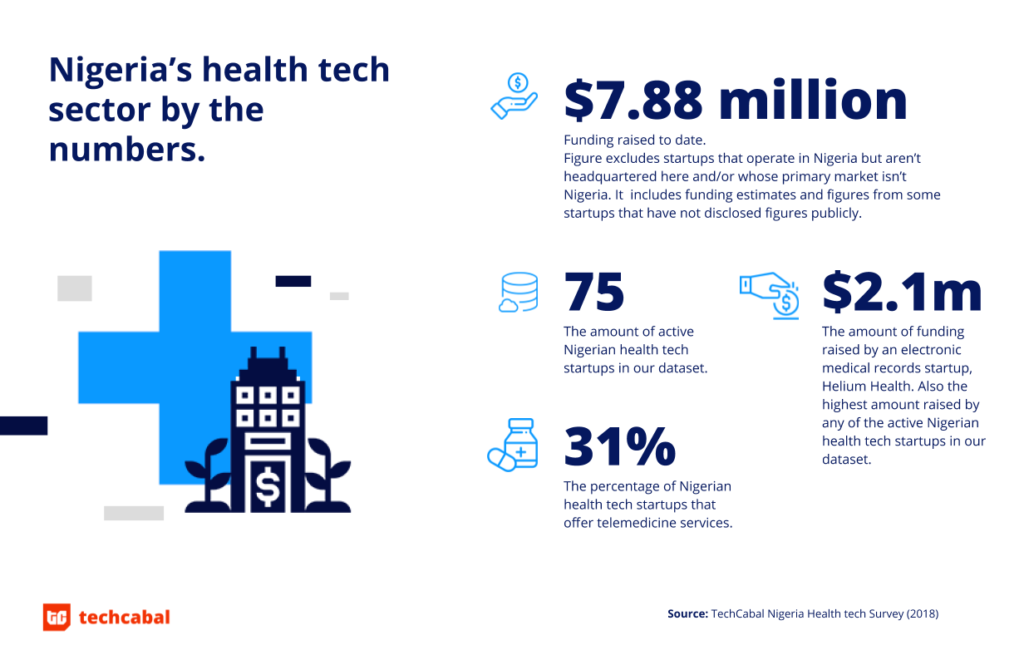Rising Food Prices Compound Pressure on Nigerians as Inflation Persists
The National Bureau of Statistics (NBS) has released its latest Food Price Watch report, underscoring the relentless surge in food prices throughout August. The report dissects the escalating costs of various essential food items, including beef, tomatoes, beans, garri, and yam, shedding light on the financial strain faced by many Nigerians.
According to the NBS report, the average price of 1kg of boneless beef, a staple protein source, surged by a substantial 30.75 percent, climbing from N2,141.18 in August 2022 to N2,799.51 in August 2023.
Local rice, a dietary staple, witnessed an even more dramatic increase, soaring by 62.68 percent year-on-year. In August 2022, 1kg of local rice cost N454.10, but by August 2023, it had surged to N738.74.
Month-on-month, the price of local rice also registered a significant hike, increasing by 13.04 percent from July 2023’s N653.49.
Brown beans, another dietary cornerstone, experienced a 27 percent year-on-year price increase. In August 2022, 1kg of brown beans was priced at N545.61, but by August 2023, it had climbed to N692.95.
The report revealed a notable 42.80 percent year-on-year surge in the price of 1kg of yam tuber. In August 2022, this essential carbohydrate source cost N403.65, but by August 2023, it had risen to N576.39.
Garri, a common staple in Nigerian households, witnessed a 49.16 percent year-on-year price hike. In August 2022, 1kg of garri was priced at N305.92, but by August 2023, it had reached N456.32. On a month-on-month basis, the price increased by 6.15 percent, rising from July 2023’s N429.89 to N456.32 in August 2023.
The report also conducted a state profile analysis, revealing regional variations in food prices. For instance, Anambra had the highest recorded average price for 1kg of boneless beef at N3,790.02, while Kogi had the lowest price at N1,835.71. Ondo had the highest average price for 1kg of local rice at N903.26, while Benue had the lowest at N529.72.
Imo had the highest average price for 1kg of brown beans at N1,087.14, while Kogi had the lowest at N480.34. Akwa Ibom recorded the highest average price for 1kg of yam tuber at N1,030.71, with Adamawa recording the lowest at N328.71.
Call for Government Intervention
Amidst these soaring food prices, Olufemi Ajadi, the Managing Director of Bullion Go-Neat Global Limited, issued a plea to the Federal Government. He called on the government to address the inflationary pressures in the country, as high foreign exchange costs, multiple taxation, and inadequate infrastructure contribute to the rising cost of living and hinder entrepreneurial growth.
Ajadi asserted that there is no better way for the government to mark Nigeria’s 63rd independence anniversary than by tackling these pressing challenges. He emphasized the importance of taking action to alleviate the economic hardships faced by the Nigerian populace.
Regional Analysis of Road Traffic Crashes
In related data, the NBS released statistics on road traffic crashes for the North-Central region, revealing that it recorded the highest number of crashes and casualties in the nine months ending in Q1 2023. The data encompassed Q3 and Q4 of 2022 and Q1 of 2023.
The North-Central region reported a total of 1,608 persons killed in road traffic crashes during the fourth quarter of 2022. Out of these, 1,309 were male (81.41 percent), and 299 were female (18.59 percent). Additionally, 10,232 individuals sustained injuries, with 7,789 males (76.12 percent) and 2,443 females (23.88 percent) among the injured.
The NBS data also highlighted fluctuations in road traffic crashes across different quarters. In Q3 2022, there were 3,412 crashes, increasing by 3.96 percent compared to the previous quarter. However, during Q1 2023, the number of crashes dropped significantly to 2,733, marking a 24.44 percent decrease from the previous quarter.
Transport Fare Watch and Inflation
The NBS Transport Fare Watch for August 2023 demonstrated that the average fare for bus journeys within cities increased by 0.01 percent, reaching N1,336.38 compared to July’s N1,336.29. Year-on-year, this fare had risen by a substantial 121.81 percent, reflecting the ongoing inflationary pressures on transportation costs.
In air travel, the average fare for specified routes on a single journey increased by 0.30 percent from N78,775.74 in July 2023 to N79,011.38 in August 2023. Year-on-year, this fare surged by 21.48 percent, indicating the broader impact of inflation on travel expenses.
On road transport data, the NBS revealed that a total of 5,407 vehicles were involved in road traffic crashes during the fourth quarter of 2022, marking a slight decrease of 0.26 percent compared to the previous quarter. The North-Central region recorded the highest number of crashes in Q4 2022, with 1,247 incidents.
Conclusion
Rising food prices, coupled with transportation inflation and regional disparities in road traffic accidents, continue to pose significant challenges to the economic well-being and safety of Nigerians. The call for government intervention to address these issues remains a critical concern as the nation commemorates its independence.



